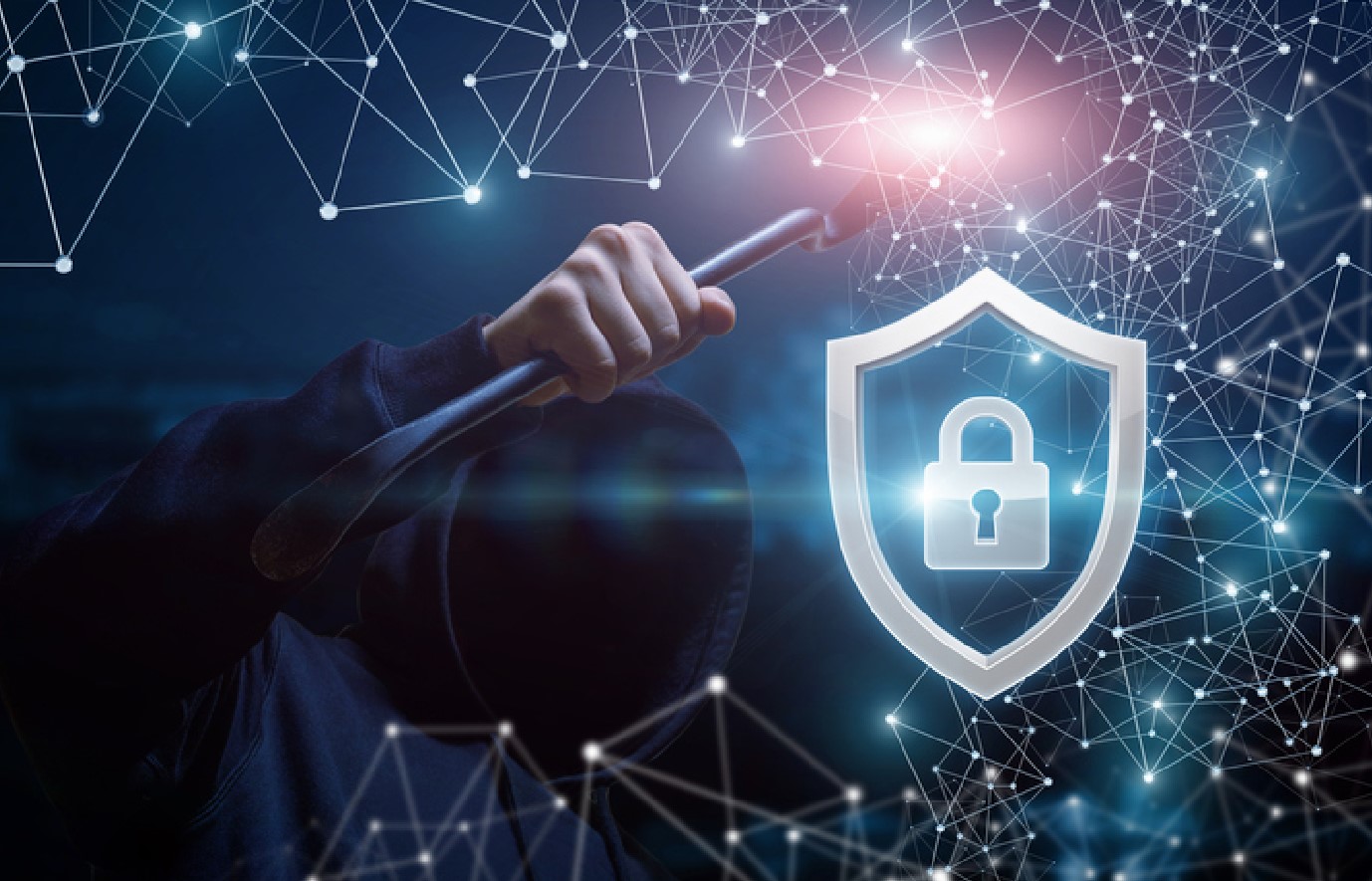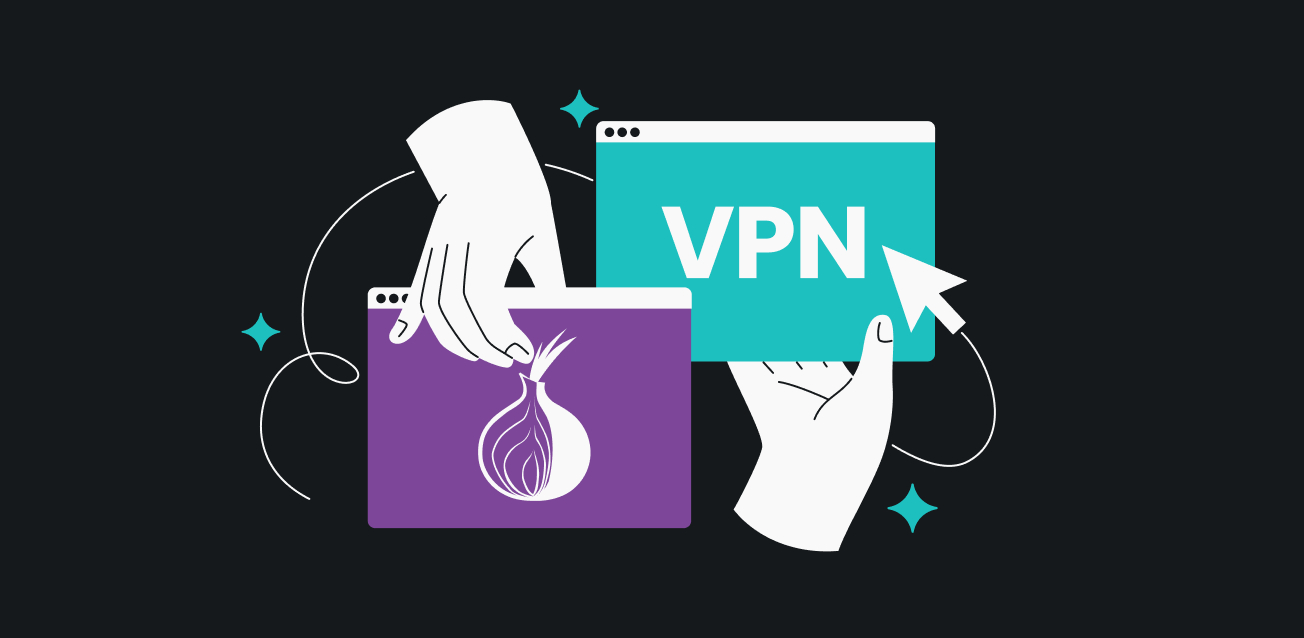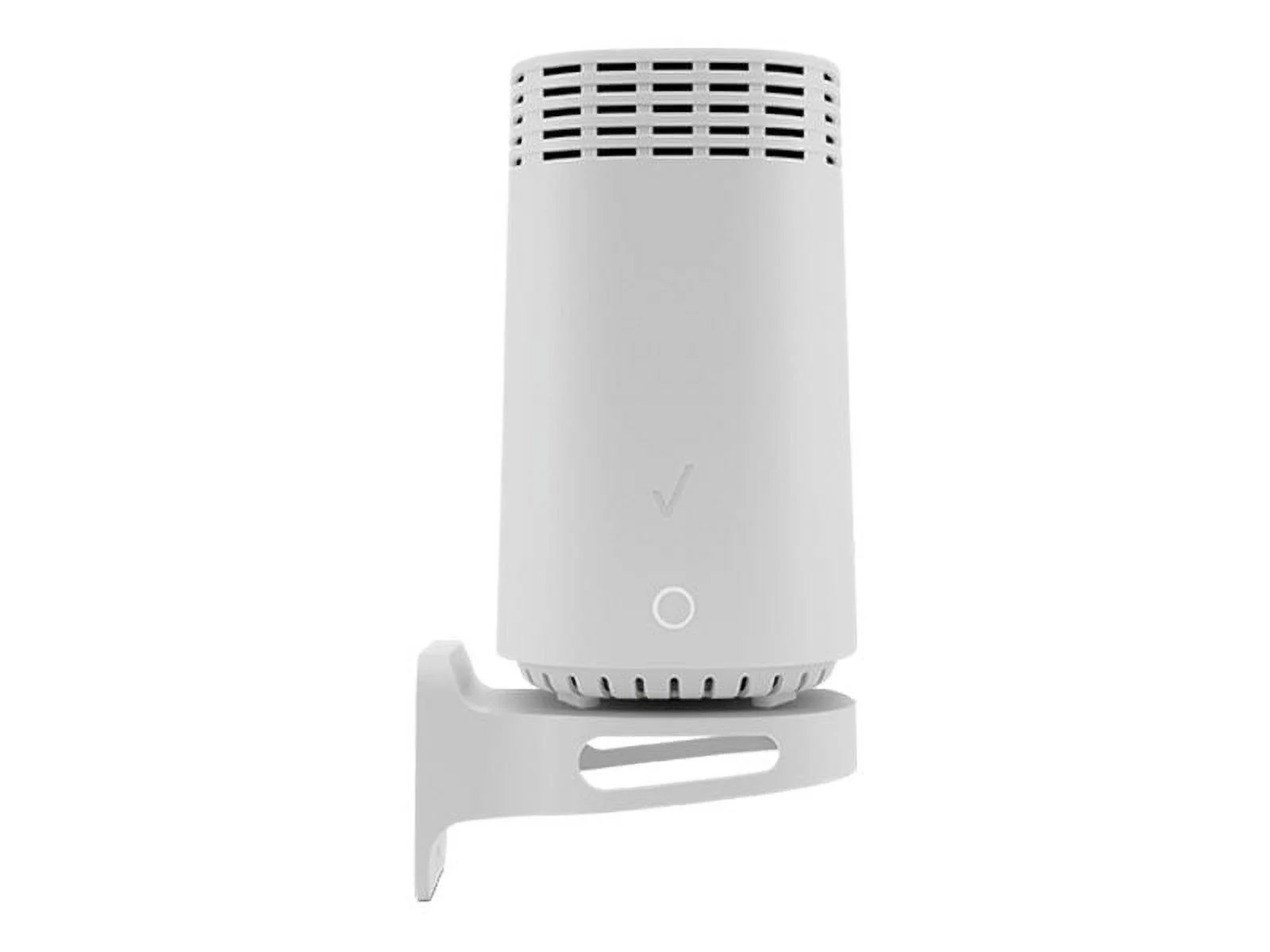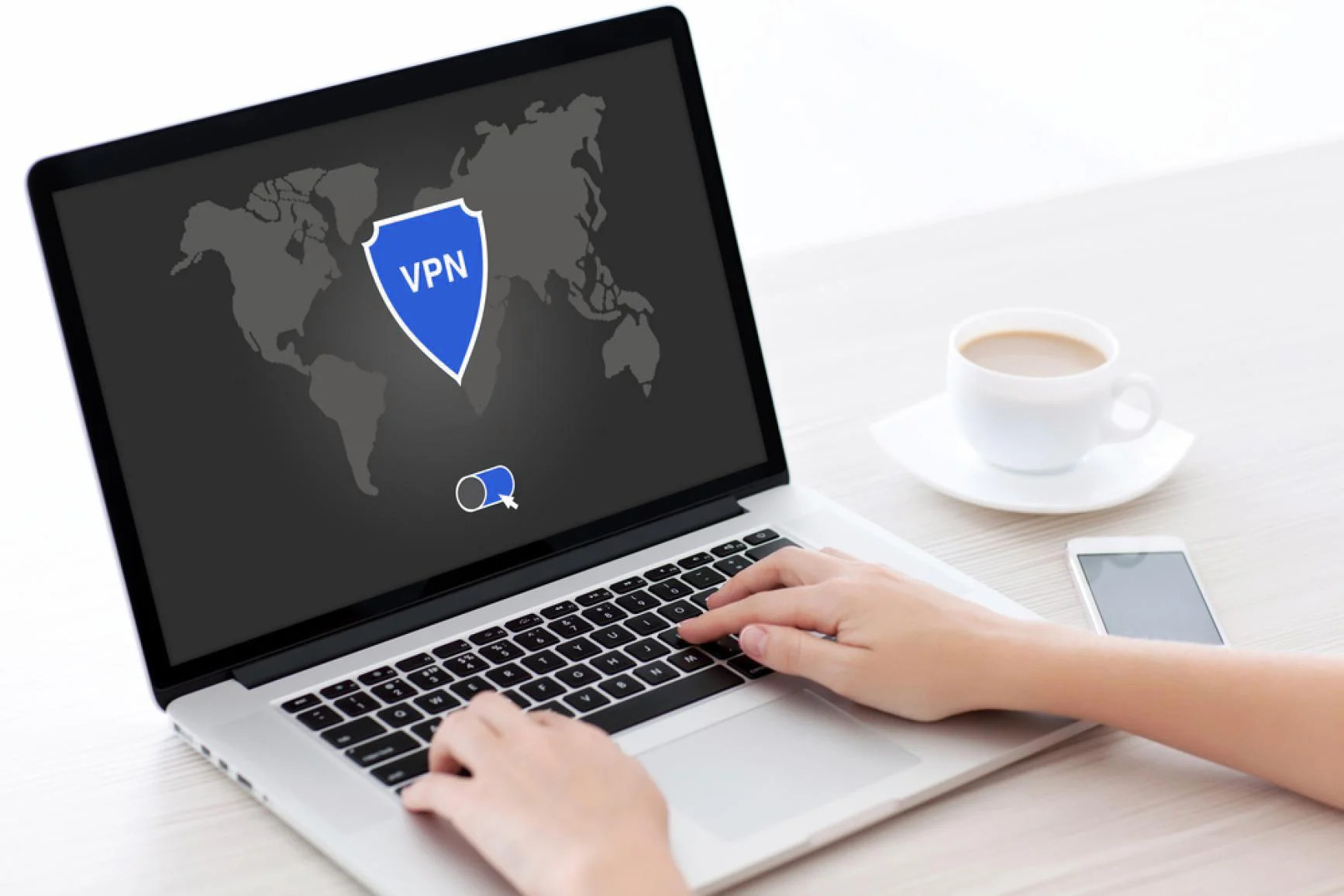Home>Software and Apps>Enhancing Security and Privacy with Home VPN
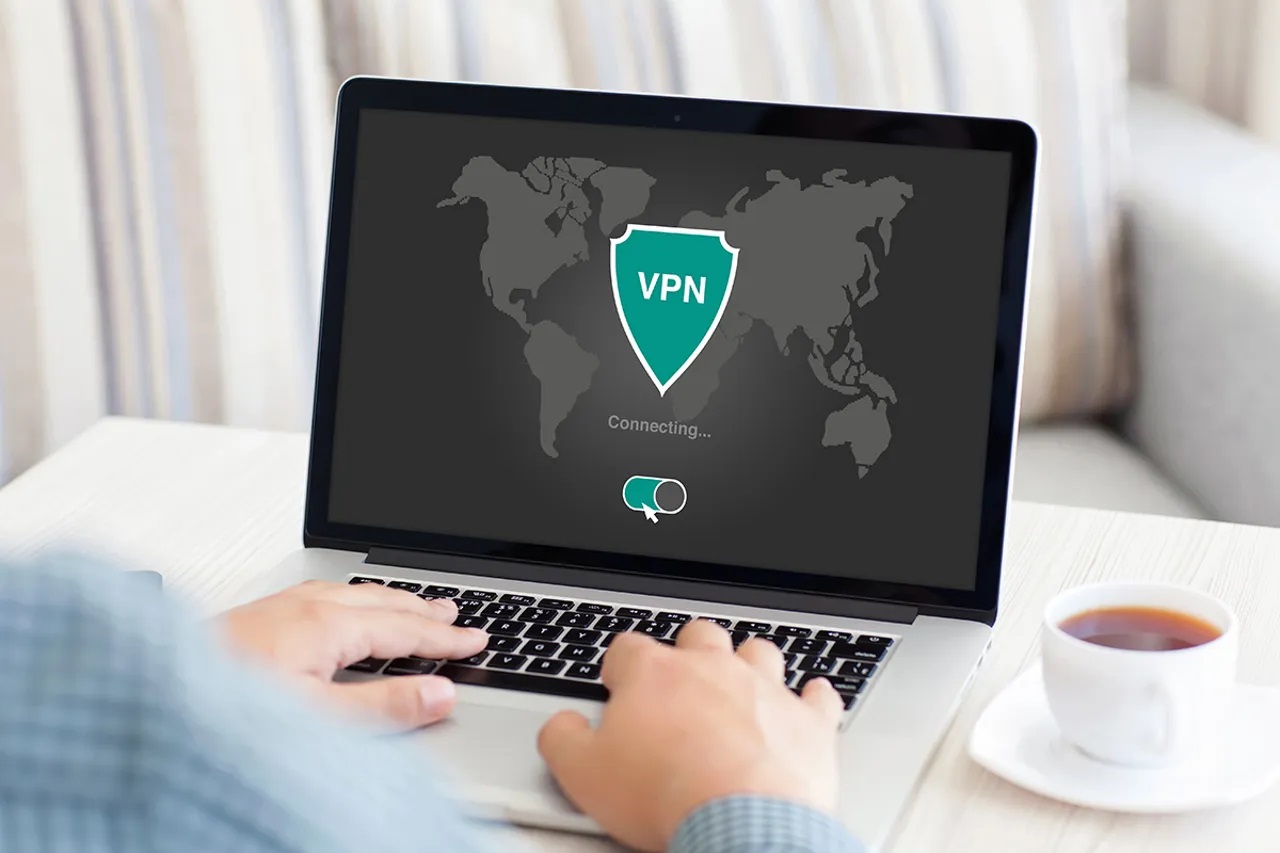

Software and Apps
Enhancing Security and Privacy with Home VPN
Modified: September 5, 2024
Enhance your security and privacy with our top-rated home VPN software and apps. Protect your online activities with ease and peace of mind. Discover the best VPN solutions today!
(Many of the links in this article redirect to a specific reviewed product. Your purchase of these products through affiliate links helps to generate commission for Techsplurge.com, at no extra cost. Learn more)
Table of Contents
What is a VPN?
A VPN, or Virtual Private Network, creates a secure and encrypted connection between your device and a VPN server. This connection masks your IP address, making it appear as though you are accessing the internet from a different location. This not only boosts online security but also helps maintain privacy by hiding internet activities from third parties.
Benefits of Using a Home VPN
Enhanced Security
- Encryption: VPNs encrypt internet traffic, making it difficult for hackers to intercept and steal data. This is particularly important when using public Wi-Fi networks, which are often vulnerable to cyber attacks.
- Protection Against Malware: By encrypting data, VPNs also protect against malware that could be transmitted through unsecured networks.
- Secure Data Transfer: Whether transferring sensitive information or just browsing the web, a VPN ensures data remains secure.
Privacy Protection
- IP Address Masking: By masking your IP address, you can browse the internet anonymously. This is particularly useful for avoiding targeted advertising or surveillance.
- Location Hiding: Appear to be accessing the internet from a different location, useful for accessing geo-restricted content or avoiding location-based restrictions.
Improved Online Freedom
- Accessing Geo-Restricted Content: Many websites and services are restricted based on geographical location. A VPN allows bypassing these restrictions, giving access to content that might otherwise be unavailable.
- Avoiding Censorship: In some countries, internet censorship is prevalent. A VPN can help bypass these restrictions, ensuring unfettered access to the internet.
Enhanced Performance
- Reducing Lag: Some VPNs offer features like server selection and protocol optimization, which can reduce lag and improve overall internet performance.
- Stable Connections: A good VPN can provide stable connections, even in areas with poor internet infrastructure.
How Does a Home VPN Work?
Connection Process
- When connecting to a VPN, your device establishes a secure connection with the VPN server.
- The data sent over the internet is encrypted and routed through the VPN server.
- The VPN server then forwards your data to its final destination on the internet.
Encryption Methods
- VPNs use various encryption methods to secure data. Commonly used protocols include OpenVPN, L2TP/IPSec, and PPTP.
- These protocols ensure data remains encrypted and unreadable to anyone intercepting it.
Server Selection
- When choosing a VPN service, one of the key considerations is the number and location of servers.
- More servers mean better performance and fewer instances of congestion.
- Servers located in different regions can help bypass geo-restrictions and improve the online experience.
Steps to Set Up a Home VPN
Setting up a Home VPN is relatively straightforward, but it does require some technical knowledge. Here’s a step-by-step guide:
-
Choose a VPN Service Provider:
- Numerous VPN service providers are available, each with its own set of features and pricing plans.
- Consider factors like server locations, encryption protocols, and customer support when making your choice.
-
Download and Install VPN Software:
- Once a provider is chosen, download and install their VPN software on your device.
- Most providers offer software for Windows, macOS, iOS, and Android.
-
Launch the VPN Application:
- Launch the VPN application on your device.
- You may be prompted to log in with your credentials if you haven’t already done so.
-
Connect to a VPN Server:
- Once logged in, select a server from the list provided by your VPN provider.
- Click ‘Connect’ to establish a secure connection with the chosen server.
-
Verify Your Connection:
- After connecting, verify that your IP address has changed by visiting a website like whatismyip.com.
- This will confirm that your internet traffic is now being routed through the VPN server.
-
Configure Additional Settings (Optional):
- Some VPNs offer additional settings such as protocol selection (e.g., OpenVPN vs. L2TP/IPSec) or kill switch functionality.
- These settings can enhance security and performance but may require some technical expertise to configure correctly.
Popular VPN Service Providers
Several VPN service providers stand out for their reliability, performance, and features. Here are some of the most popular ones:
-
ExpressVPN:
- Known for fast speeds and an extensive server network.
- Offers advanced features like split tunneling and a kill switch.
-
NordVPN:
- Offers robust security features including double encryption and a no-logs policy.
- Supports up to six simultaneous connections.
-
ProtonVPN:
- Provides strong encryption and a focus on privacy with its zero-logs policy.
- Offers free and paid plans with varying levels of features.
-
TunnelBear VPN:
- User-friendly interface with a focus on simplicity and ease of use.
- Offers a free version with limited data allowance.
-
Private Internet Access (PIA):
- One of the most affordable VPN options available.
- Supports up to ten simultaneous connections and offers advanced features like port forwarding.
Additional Tips for Using a Home VPN
While setting up a Home VPN is relatively straightforward, several additional tips can help optimize the experience:
-
Regularly Update Your Software:
- Ensure that VPN software is regularly updated to take advantage of new security patches and features.
-
Use Strong Passwords:
- Use strong, unique passwords for your VPN account to prevent unauthorized access.
-
Monitor Your Connection:
- Regularly check connection speed and performance to ensure that the VPN is not causing any issues.
-
Choose the Right Protocol:
- Different protocols offer varying levels of security and performance. Choose one that balances both security and speed according to your needs.
-
Be Aware of Logging Policies:
- Some VPNs keep logs of user activity, which can compromise privacy. Opt for providers with strict no-logs policies.
Setting up a Home VPN is an effective way to boost both security and privacy in today’s digital world. By understanding how VPNs work and choosing the right provider, you can enjoy a safer and more private online experience. Whether concerned about cyber threats, geo-restrictions, or simply wanting to maintain anonymity online, a Home VPN is an essential tool for anyone serious about their digital security and privacy.





